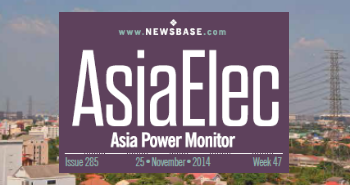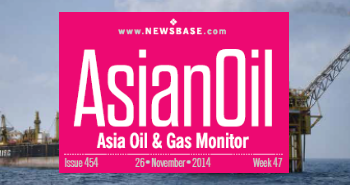ADB mulls end to upstream funding

The Asian Development Bank (ADB) has announced plans to phase out funding for upstream projects while also introducing conditions on fossil fuel investments in general.
The bank said in a draft policy statement on May 7 that in addition to halting funding for exploration and production developments it would also end investment in coal mining projects. Other fossil fuel projects, meanwhile, will only receive backing if they met certain criteria such as when there is a lack of cost-effective alternatives.
The policy will be deliberated by the ADB’s board of directors in October, according to the bank’s head of energy, Yongping Zhai, who did not provide a timeframe for the introduction of the new investment conditions.
The move has been welcomed by environmental groups who have been lobbying the bank to adopt a stricter position on funding fossil fuel projects.
“The draft coal ban policy is a decade late, but it still helps build the economic case for the energy transition to governments and investors, and will help avoid more stranded coal assets,” Reuters quoted senior policy adviser at the Institute for Climate and Sustainable Cities Pedro H Maniego Jr as saying. “If the bank will consider fossil gas as a bridge and transition fuel, it needs to stipulate an end.
More than 20 non-governmental organisations (NGOs) called on the bank last week to end loans to the fossil fuel industry.
“It’s time to power our communities with clean, renewable energy,” regional campaigner at US-based 350.org Chuck Baclagon said in a joint statement on May 3. “We need financial institutions like the Asian Development Bank to immediately stop lending money for coal, gas and oil projects.”
The ADB’s website claims that the bank provided $42.5bn for energy projects in 2009-2019. Zhai, meanwhile, told Reuters last week that the bank had invested $25bn in such projects during 2015-2020, with 45% of that figure going towards renewable energy and energy efficiency and another 35% to network upgrades to integrate more renewable energy.



Follow us online